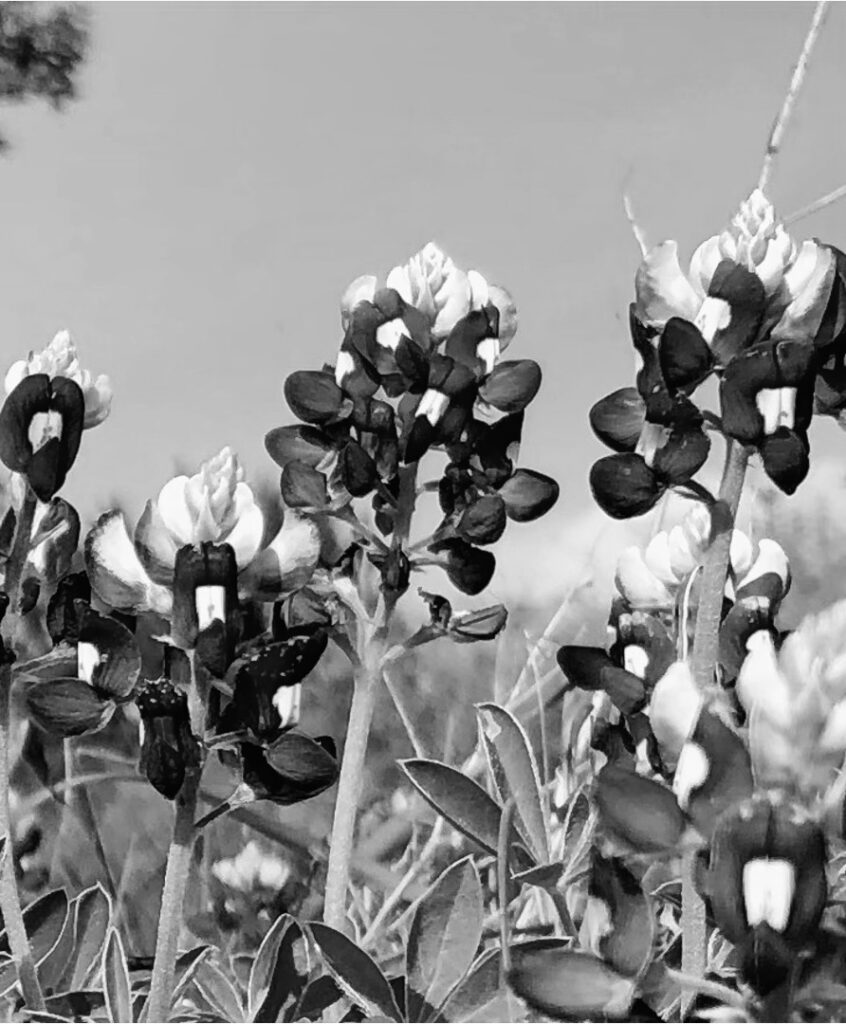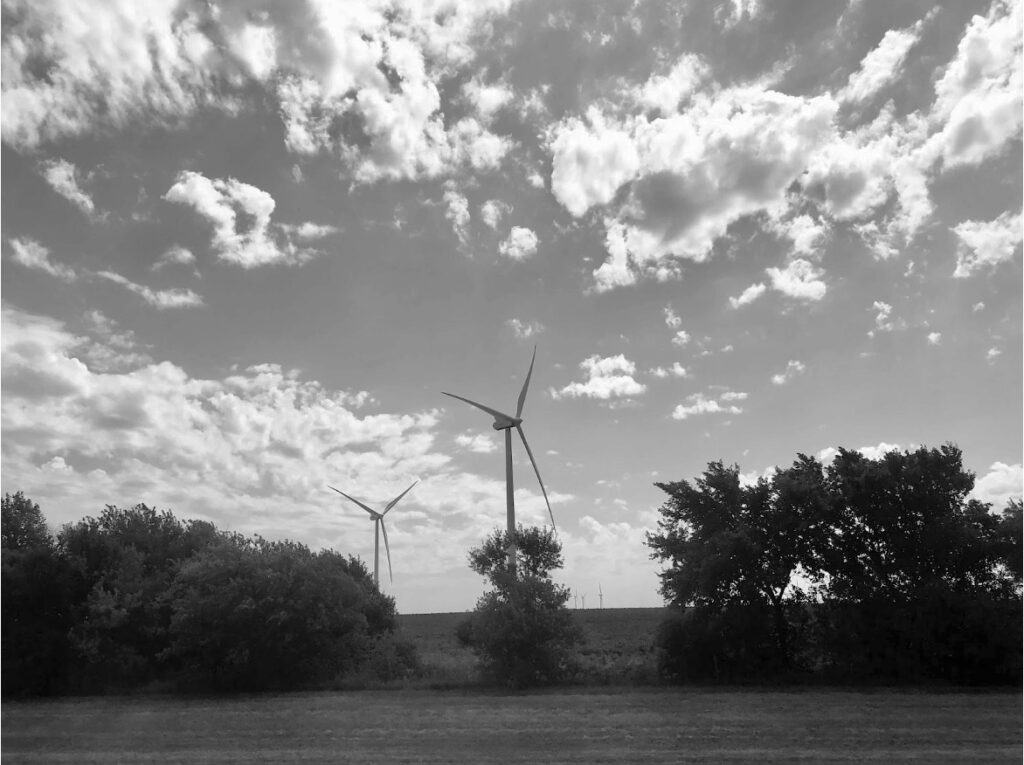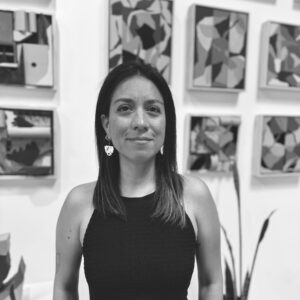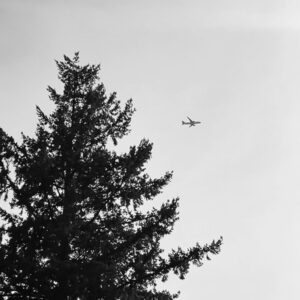Even in Kyoto—
hearing the cuckoo’s cry—
I long for Kyoto.
~Matsuo Bashō (trans. Robert Hass)
To me, there’s no better place, but people in other places increasingly wonder how anyone can stand to live where I do: Texas, our Texas, my home and native land.
I can relate to the puzzlement on one level, because I’ve labored to hammer my heart into words for this piece, to really explain. I talked to over a dozen women to help me frame it out, and all of us are struggling. On the one hand is the truth we have lived – that Texas’ spectacularly giant reputation is surpassed only by its reality. It takes 12 hours to drive all the way across it, either west to east or north to south. That leaves a lot of room for awe, and for 10 distinct ecologies, from desert to swamp, mountain to plain, and prairie to forest. I can stand in the salt spray, see an armadillo on the hoof and crack a few pecans at the rest stop, all before even sitting down for breakfast – which thanks to our complex settlement history might be huevos rancheros, kolaches, biscuits and gravy, eggs and fatira, or bánh mì. We’re the birthplace of Beyoncé and Willie Nelson, the setting of both Terms of Endearment and Slackers. Local-boy-made-good Lyndon Baynes Johnson signed the 1964 Civil Rights Act. We voted Barbara Jordan and Ann Richards into office. We are large, we contain multitudes, and even Walt Whitman knew it.
The good news is that the only thing that could diminish it would be hardening hearts. That’s also the bad news.

In analogue to the perpetually uneven pavement of IH-35, these bountiful heights of grandeur and humanity run in jarring parallel to what should be foreign territory in the big sky, small government “Friendly State”: We’re third in the nation for the number of hate groups, and second only to Florida in the number of residents charged in the January 6th insurrection. Our wind and solar potential lies neglected as wildfires rage, and the coast literally sinks under the weight of hurricanes. The state legislature doesn’t look anything like our population. We’re leading the national backlash against gay and trans people. With a ban on abortion with precious few technical exceptions for the life of the mother and essentially no allowances in practice, the question of whether a woman’s life has value here is no longer hypothetical.
As I talk to friends, there are shaky voices, and tears of betrayal or rage. “Now, it feels dangerous,” says Marie. “It always did in a down-the-road way, but I guess we are down the road now.” It looks dire. It feels dire. How can there be love in this story yet?
When Texas comes to mind, it might carry with it connotations of pride, rugged individualism, and self-determination. You may think of us as people who take up space, who speak our minds, perhaps to a fault. All of those things are true, and I hold them dear. These are skills of fearsome beauty, cultivated over long years by hardship and courage, a pond lily blooming through muddy water.

Though many don’t want to admit it, it’s also true that there’s always been racism in Texas, misogyny and homophobia. We’ve been creeping ever forward compared to some other places, the trailing arm of the moral universe. The pain now? The arc has been moving backwards, and our treasured cultural underpinnings turned in on us like weapons. It’s why Larry McMurtry called the Old West “the phantom leg of the American psyche.” Like a bad cover of a favorite song, the here yet not here-ness of the state we cherish stings and prickles, a lovely ache that refuses to heal.
When I was a child, a friend of my mother’s, a Vietnamese woman who came here after the war, stopped for gas near the small town of Vidor, an old “sundown town” in the southeastern part of the state. She woke up on the pavement some time later, a rock next to her bloodied head. No one helped her. She got back in the car, dazed, and drove away. Perhaps she stayed because there were a lot of things about Texas that seemed an improvement over postwar Vietnam; other parts of the Gulf Coast welcomed thousands of refugees in the 1970s and 80s, and they had more opportunity here to work in the familiar fishing industry, to start new businesses and afford homes. The state’s natural and human resources drew people here from many places over centuries, which is why every old phone book cataloged surnames like Bui and Barrientos, Kickapoo and Kopecky, Lumbala, McDonald, Nikolaou, Patel, Rabbinowitz, Shobassy, Zimmer.
At our best, we know this is a strength, a source of pride in the trailblazing spirit, a way to leverage our painful histories into prosperity for everyone. At our worst, we let fear whisper in our ears, convincing us that our ways of living on our own land can be encroached by other people living differently on theirs. We pitch forward into hubris, deluded that we can possess the essence of the state, that we can leash its majesty for ourselves alone, even though the definition of the place is that it defies any effort to contain it. In short, we build fences across plains the heavens left open, and we throw rocks at people when they stop for gas.
Regardless of the solutions we favor, many mothers here are desperately afraid for their children – we all wish we could turn back time to when the town of Uvalde was only famous for Guajillo flower honey. If your child is black or brown, gay or trans, the worry is pervasive, behind every small decision about where to go and what to say.

“There are so many good people here, there’s such a community spirit, they take care of people, I just hope it’s not only for people just like them…” says my friend Lynne, trailing off. She grieves the apparent loss of the live-and-let-live character of the state, the peeling away of our myriad faces into a Marlboro-man caricature. Not that there’s no truth to the man; as for myself, I am related to many a good ol’ boy by blood and circumstance, and often like them. I admire their bravado, their love of tradition, their appreciation of a proper biscuit. I’ve learned a thing or two from watching them move in the world, just being who they are without any hand-wringing. I even empathize with their surrender to the seductive appeal of a monoculture, where the field is familiar and the edges clear-cut, like the bluebonnet cast in black and white above. But look what is lost in that capitulation: the natural heart, the manifest soul, the intricate vigor of life.
If they can’t bring themselves to admire the complexities? I can live with that. Where we disagree, and there are many such areas, I’m content to let the disagreement lie as long as the return respect and courtesy are extended to other varied and very Texan folks, in recognition of our shared values. Black, Hispanic, Anglo, Native, or Asian, we all want to be proud of our heritage. Christian, Buddhist, Muslim, Hindu, Jewish, humanist, or atheist, we all want the liberties of self-determination, religious freedom, oversight of our children’s education. We want big government out of our lives, respect for our centuries-old customs, local control even if the powers that be don’t like what the locals are doing. We want to be from here, without apology or caveat, and it’s painful to hear fellow Texans saying those things aren’t meant for us. Every Texan deserves more, and is capable of more, than diminishment toward the extremes.
What does it mean, then, to be from a place? In the end, it’s that the land can claim you. It has held up your feet, covered you in its dust. In the morning, the sun rises at the right time. The light through the trees falls at the usual angle, and the air smells the way it should. You may not think you pay much attention to the birds, but their song is in your body. When you pass people on the street, their familiar bearing is your home. The gentle whirlwind of the commonplace is like a shadow skeleton, framing your postural existence. You belong to it. And what has been joined in spirit most holy, no one else can put asunder.
That’s why I still hope the present expansion of a subtractive culture doesn’t mean a hill of beans in the long run. Texas has the capacity for great things; I’ve seen them. Gazing around the scarred landscape of burned Bastrop pines and banned books, it’s difficult to look on the bright side, sure. Many of us are hanging our hats on the idea that the loudest voices don’t reflect the bedrock in its natural state, intact beneath the shifting sands. My friend Hailey dug up some optimism when we talked about it, after all. “I do see more acceptance and understanding with each generation,” she said, “and I try to hold on to that.”
I try to hold on, too. I don’t think I could stop if I tried. Even in Texas, hearing the keening cicadas, smelling the smoke of burning mesquite, or passing a billboard for the rodeo on a mirrored office tower, I miss my home, a place of many peoples, of many freedoms, and of every natural wonder protected for posterity. There’s a longing for that Texas. It’s in the bones, it’s in the heart, and it’s deep.
Heather Martin is a registered dietitian in clinical practice, and a lay-entrusted Soto Zen teacher. She is also a freelance writer and Candy Corn Science Correspondent for several online publications. You can read more from her at her blog and Substack, or find her on Post and Instagram as @momofnorank. She encourages you to encourage yourself, and to take good care of your heart.
All photos also by Heather Martin.




